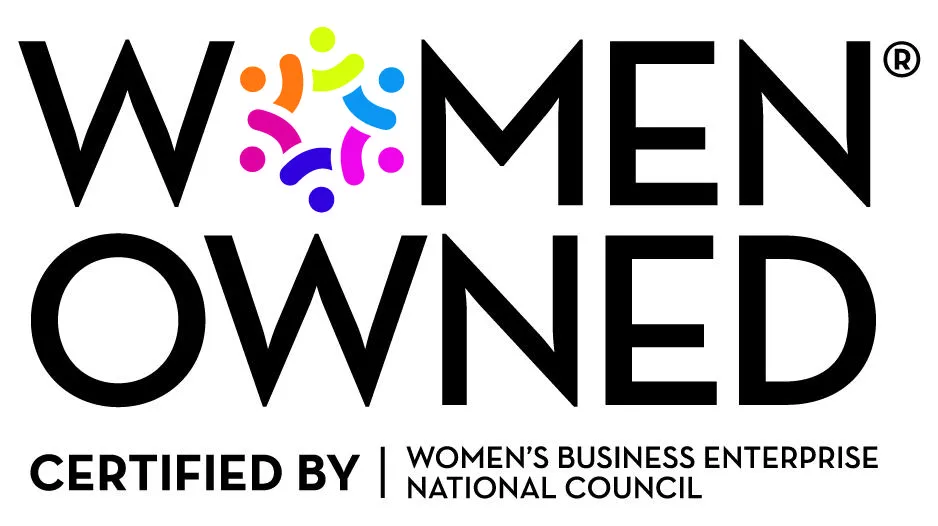LEADERSHIP BLOG
Articles, Advice & Inspiration
Leadership ∘ Business ∘ Strategy ∘ Ministry ∘ Sustainability
Across diverse sectors, leaders face multifaceted challenges that demand tailored strategies for success. These blog post ideas delve into crucial areas such as...
Strategy Development
Organizational Structure
Business Planning
...offering nuanced insights and actionable strategies customized to the unique contexts of...
Non-Profit Leadership
Higher Education Leadership
Startups & Small Businesses
Enterprises
From addressing deficits and delays to enhancing profitability and sustainability, these posts provide practical guidance to empower leaders in navigating complexities, driving sustainable growth, and effecting positive change within their organizations.

Innovative Approaches to Higher Education Leadership: Adapting to Changing Demands
Higher education is undergoing a transformative shift, driven by changing societal needs, technological advancements, and evolving student expectations. To navigate these changes, leaders in higher education must adopt innovative approaches that address the demands of students, faculty, and stakeholders. Let’s explore some cutting-edge strategies that are reshaping leadership in higher education institutions.
Embracing Technology and Digital Learning
One of the most significant changes in higher education is the integration of technology. Forward-thinking leaders are embracing digital learning platforms to enhance educational delivery. From virtual classrooms and online degree programs to hybrid models that blend in-person and online learning, technology is making education more accessible and flexible. Leaders who prioritize investment in digital infrastructure and training for faculty are positioning their institutions to thrive in the digital age.
Promoting Inclusivity and Diversity
Inclusivity and diversity are not just buzzwords; they are essential components of a thriving educational environment. Innovative leaders are implementing policies and initiatives that promote a diverse and inclusive campus culture. This includes recruiting a diverse faculty and student body, creating support systems for underrepresented groups, and fostering an inclusive curriculum. By prioritizing inclusivity, leaders ensure that all students feel valued and supported, which enhances the overall educational experience.
Fostering a Culture of Innovation
To keep pace with rapid changes, higher education leaders must cultivate a culture of innovation within their institutions. This involves encouraging faculty and staff to experiment with new teaching methods, research initiatives, and administrative processes. Leaders can support innovation by providing grants for experimental projects, creating innovation labs, and facilitating interdisciplinary collaborations. A culture that values creativity and risk-taking can lead to groundbreaking advancements in education and research.
Strengthening Industry Partnerships
Building strong partnerships with industry is another innovative approach to meeting the evolving demands of higher education. Leaders are forming alliances with businesses and organizations to provide students with real-world experiences through internships, co-op programs, and collaborative research projects. These partnerships not only enhance student learning but also ensure that academic programs align with current industry needs, making graduates more employable and prepared for the workforce.
Prioritizing Mental Health and Well-being
The well-being of students and faculty has become a critical focus for higher education leaders. Innovative institutions are adopting comprehensive mental health and wellness programs that address the holistic needs of their community. This includes providing access to counseling services, creating wellness centers, offering mindfulness and stress management workshops, and fostering a supportive campus environment. Leaders who prioritize mental health are creating a foundation for academic success and personal growth.
Adapting to Lifelong Learning
The concept of education is shifting from a one-time experience to a lifelong journey. Leaders in higher education are recognizing the need to support lifelong learning by offering flexible and modular learning opportunities. This includes creating certificate programs, short courses, and continuing education initiatives that allow individuals to upskill and reskill throughout their careers. By adapting to the needs of lifelong learners, institutions can remain relevant and provide value to a broader audience.
Leveraging Data-Driven Decision Making
Data analytics is transforming how higher education institutions operate. Innovative leaders are leveraging data to inform decision-making processes, from enrollment management and academic performance tracking to financial planning and resource allocation. By harnessing the power of data, leaders can identify trends, predict outcomes, and make informed decisions that enhance the efficiency and effectiveness of their institutions.
Enhancing Student Engagement and Success
Student engagement and success are at the core of higher education leadership. Innovative leaders are adopting strategies to improve student retention and graduation rates. This includes implementing early warning systems to identify at-risk students, providing personalized academic advising, and creating engaging campus activities that foster a sense of community. By focusing on student success, leaders ensure that their institutions fulfill their educational mission and support the long-term achievements of their students.
Conclusion: Leading the Way Forward
Higher education is at a crossroads, and innovative leadership is essential for navigating the changes and challenges ahead. By embracing technology, promoting inclusivity, fostering a culture of innovation, building industry partnerships, prioritizing well-being, supporting lifelong learning, leveraging data, and enhancing student engagement, leaders can create dynamic and responsive educational institutions. As we move forward, these innovative approaches will be crucial in meeting the evolving demands of students, faculty, and stakeholders, ensuring that higher education remains a powerful force for personal and societal growth.


© Copyright 2025. Dr. Jacqueline Dowdy. All Rights Reserved.